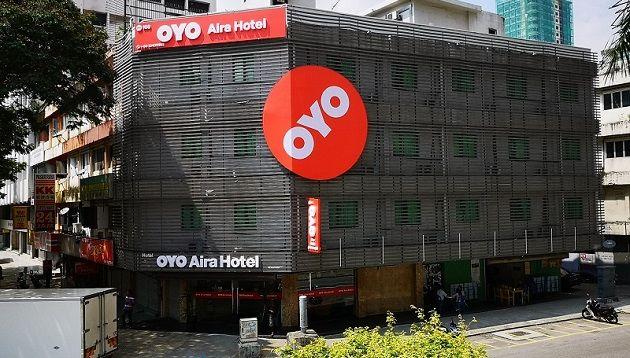Oyo, one among the many poster children of Indian startup ecosystem, is in advanced talks to raise around $100-125 million following its recent withdrawal of an IPO application (for the second time in recent years). The fundraise, though not officially confirmed, has been put across the media by several outlets, citing sources. This comes after the upstart saw a tumultuous time in recent past, specially with COVID impact the tourism sector hard. Oyo has since seemed to regain most of the lost ground, including newer business avenues, specially in Nordic regions.
The startup’s latest funding round has reportedly attracted interest from some of India’s prominent family offices. Key potential investors include Ramesh Juneja and Rajeev Juneja — promoters of Mankind Pharma, and stock market expert Anand Jain. These investors are considering picking up stakes in the Gurgaon-based company, with additional investment likely from Malaysia’s sovereign wealth fund, Khazanah Nasional. This funding, which is set to put the valuation of Oyo at around $2.5 billion, representing a substantial decrease from its peak valuation of $10 billion in 2019. The proposed valuation of $2.5 billion marks a massive reduction from Oyo’s previous valuation, marking one of the largest down rounds for an Indian firm.
An extraordinary general meeting (EGM) is slated for Tuesday, where Oyo’s shareholders will vote on the proposed fundraise. The EGM notice indicates that the company will consider raising around ₹500 crore in the initial stage. The meeting is critical for securing shareholder approval and advancing the funding process, which is essential for Oyo’s ongoing operations and initiatives.
Speaking more about Oyo – founded by Ritesh Agarwal – it established itself as a one-stop shop for travelers seeking affordable and standardized accommodation. This approach, coupled with aggressive expansion plans, propelled Oyo to unicorn status in record time and attracted investments from the likes of giants such as SoftBank, Airbnb, and Microsoft. However, Oyo’s ambitious growth strategy came at a cost as the company reportedly struggled to achieve profitability, raising concerns among institutional investors about its long-term financial sustainability. These concerns manifested in Oyo’s difficulties securing funds through a traditional IPO route. Initially filing with the Securities and Exchange Board of India (SEBI) in 2021, Oyo aimed to raise $1.2 billion at a $12 billion valuation. However, the company withdrew and refiled in 2023 before ultimately deciding to focus on private fundraising. Later, in May 2024, reports stated that Oyo aimed to refile its IPO.
Earlier this year, Agarwal announced that Oyo achieved its first net profitable financial year, with a maiden net profit of ₹100 crore for the fiscal year ending in March. This reflected eight consecutive quarters of positive EBITDA, backed by a cash reserve of about ₹1,000 crore.
Nonetheless, Oyo has struggled to attract institutional investors, prompting it to pivot towards high-net-worth individuals and family offices. This comes at a time when wealthy individuals and their family offices are increasingly becoming significant sources of capital for new-age companies. Over the past year, several prominent startups, such as FirstCry, Bluestone, and Purplle, have received substantial investments from these investors.
The Tech Portal is published by Blue Box Media Private Limited. Our investors have no influence over our reporting. Read our full Ownership and Funding Disclosure →






